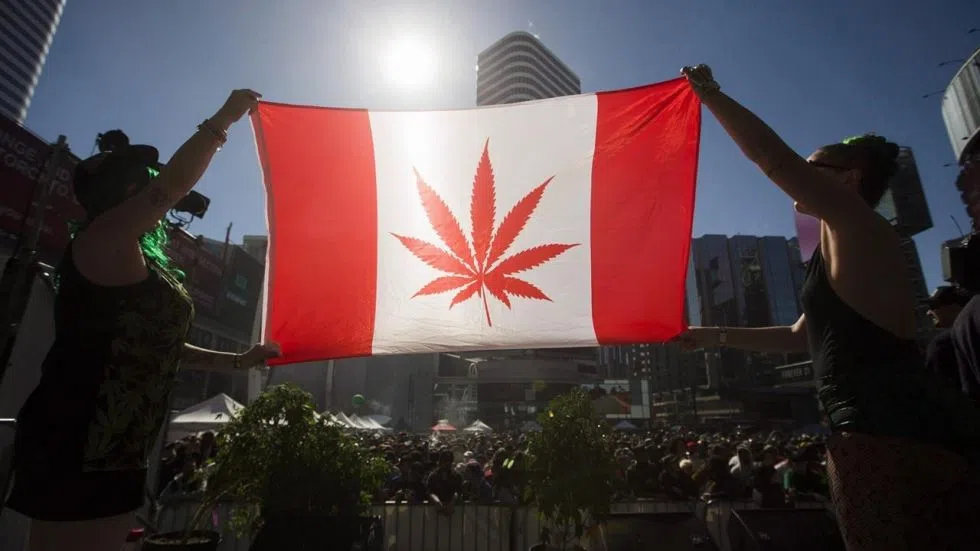
Senate gives approval in principle to bill to legalize recreational marijuana
OTTAWA — The Senate gave approval in principle Thursday evening to the federal government’s bill to legalize recreational marijuana, after a tense few days of manoeuvring by Conservative senators hoping to derail one of Prime Minister Justin Trudeau’s signature election promises.
Bill C-45 passed at second reading by a vote of 44-29.
That does not mean the bill is out of the Senate woods, however. It will now be scrutinized by five different Senate committees, which could recommend amendments, before returning it to the upper house for a final debate and vote by June 7.
Thursday’s vote came hours after Trudeau issued a veiled warning to senators that they should not attempt to thwart the will of Canadians or the government they elected on a platform that included legalization of cannabis.



